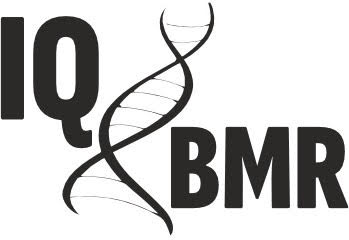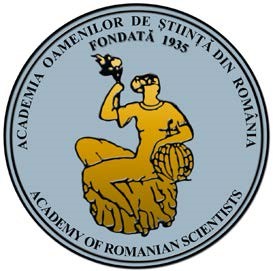Vasile BURLUI
ABSTRACT :
The history of science, much like human evolution, is marked by discontinuous progress, with periods of stagnation interspersed with leaps forward. Medicine, as both a theoretical and practical science, exemplifies this pattern, often driven by the emergence of extraordinary individuals whose innovative ideas influence entire generations. Academician Ioan Hăulică was such a figure—a pioneer in medical physiology whose career spanned over 50 years and brought significant advancements to Romanian biomedical sciences.Born in a modest family in 1924, Hăulică’s academic potential was recognized early, leading him to pursue his education despite the challenges of World War II. After graduating from the Faculty of Medicine in Iași in 1949, he quickly established himself as a brilliant researcher. Hăulică’s career, however, faced setbacks when he was dismissed from his university position due to political pressures. Despite this, he found a place at the Romanian Academy’s Institute of Physiology, where he made significant contributions to molecular physiology, with research on neuroendocrinology, vascular reactivity, and the renin-angiotensin system, among others.
In 1963, he returned to Iași as an associate professor, eventually becoming a full professor and head of the Department of Physiology. Hăulică introduced modern teaching methods, fostering an atmosphere of academic democracy and intellectual collaboration, which revolutionized medical education in Romania. His scientific work, recognized internationally, included over 300 published articles, several treatises, and patents, earning him numerous honors, including full membership in the Romanian Academy. Hăulică’s legacy extends beyond his scientific achievements. His impact as a mentor shaped the next generation of medical professionals, and his contributions continue to influence Romanian medicine and physiology today.

